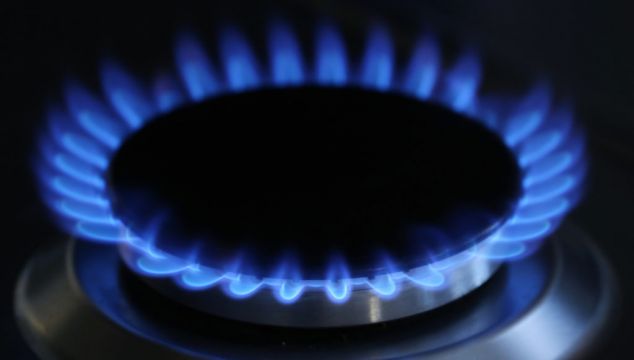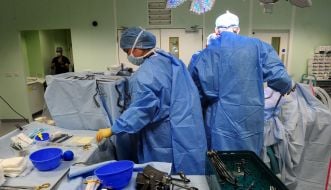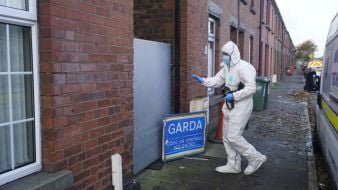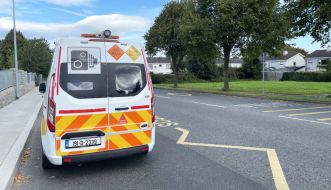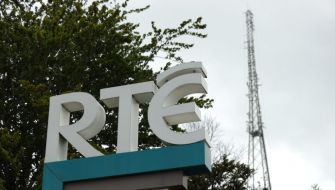The number of Irish households estimated to be in energy poverty has passed 29 per cent, according to research by the Economic and Social Research Institute (ESRI).
Based on one measure – the number of people who spend more than a tenth of their net income on energy bills, excluding motor fuel – recent energy inflation has increased the share of households in energy poverty to 29.4 per cent.
This is up from 13.2 per cent in 2015/16, the latest year of data available, and above the previously record of 23 per cent in 1994/95.
This is a rough estimate of calculating fuel poverty, as it does not capture people who cannot afford to spend 10 per cent of their income on heating, and it may include households who may turn their heating up much higher than the average household.
The ESRI research on energy poverty and deprivation was funded by the Community Foundation for Ireland.
It found that energy inflation between January 2021 and April 2022 increased the cost of estimated household consumption by €21.27 per week, on average. This rises to €38.63 per week when motor fuels are included.
If energy prices rise by a further 25 per cent, the ESRI estimates energy costs would increase by an average of €36.57, excluding motor fuels, or €67.66 if they are included.
The research concluded that up to 43 per cent of households could be at risk of energy poverty if energy bills increase by a further 25 per cent.
Niall Farrell, one of the authors of the report, said: “Our research finds that, on average, these changes are more burdensome for lower-income households, rural households and those at risk of poverty.
“This is because energy expenditures tend to comprise a larger share of income for these households.”
Barra Roantree, another report author, said: “Our findings have important implications for policy.
“If the objective is to protect those most affected by rising energy prices, cutting indirect taxes is a poorly targeted response. This is as most of the revenue is spent compensating higher-income households who have been less affected.”
It said increasing welfare payments, the fuel allowance, and even lump-sum payments like the household electricity credit are better targeted at those most affected by energy inflation.
In February, the Government announced a €200 electricity grant, a 20 per cent reduction in public transport fares, and a €125 lump sum for Fuel Allowance recipients as part of a cost-of-living package.
Ministers have repeatedly said in recent weeks that the Government would not be taking any more direct measures to help those affected by the cost of living before the Budget is announced in October, and would instead work to reduce the cost of childcare and third-level education.
Speaking at a media event on Wednesday to promote cost of living protests planned across the country, Sinn Féin leader Mary Lou McDonald said: “If they wait until October, arguably a lot of the measures, whatever they might be, won’t take effect until the new year.
“That’s unthinkable – it’s unthinkable to ask families, to ask workers, to ask whole communities to simply muddle by under the kind of pressures that they’re under between now and the autumn time and into the winter.”
